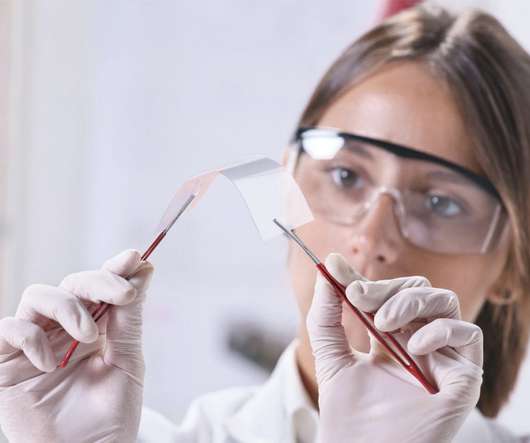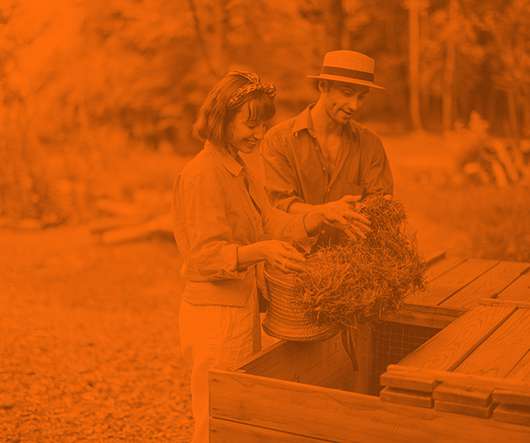Graphene-based packaging presented as first truly biodegradeable and compostable alternative to plastic
Envirotec Magazine
NOVEMBER 27, 2020
UK biotech company Toraphene says it is preparing to unveil the world’s first truly biodegradable, compostable and commercially viable alternative to plastic packaging. In addition, some bioplastics produce methane gas when they decompose, a compound with a global warming potential 25 times that of CO2.


















Let's personalize your content